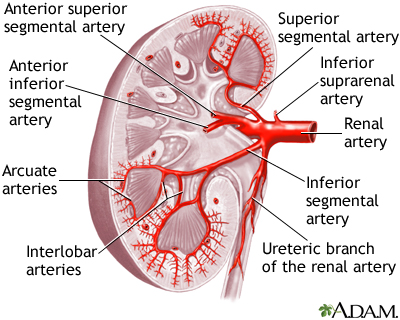
More than half of kidney transplants from deceased donors fail within 10 years, requiring the recipient to go on dialysis or get another transplant. These failures are usually the result of immune rejection, a return of the original kidney disease, or even the effect of drugs used for immunosuppression. However, there are some recipients who, even after stopping their medications, never reject the donated kidney. Why?
Recent evidence suggests that there might be biological markers, or more critically genetic signatures, that enable some people to be less susceptible to transplant rejection. Blood tests have shown that these patients make more B cells and are more likely to have activated versions of three genes on their B cells. In addition, almost all of them lacked antibodies specifically aimed against the donated kidney. Other researchers are trying to use kidney biopsies to assess rejection risk and to develop of risk-scoring formula based on genetic features found to predict transplant failure. Thus far, their predictions have been fairly accurate.
Such immune signatures are beginning to emerge and be recognized by researchers in the lab. Slowly the predictions are becoming more accurate for who will and who won't reject a kidney transplant. The next step is to figure out a way to make such predictive information more accessible and useful to clinics to help determine which patients could be taken off their harsh immunosuppressive drugs without high risk of losing the organ.
No comments:
Post a Comment